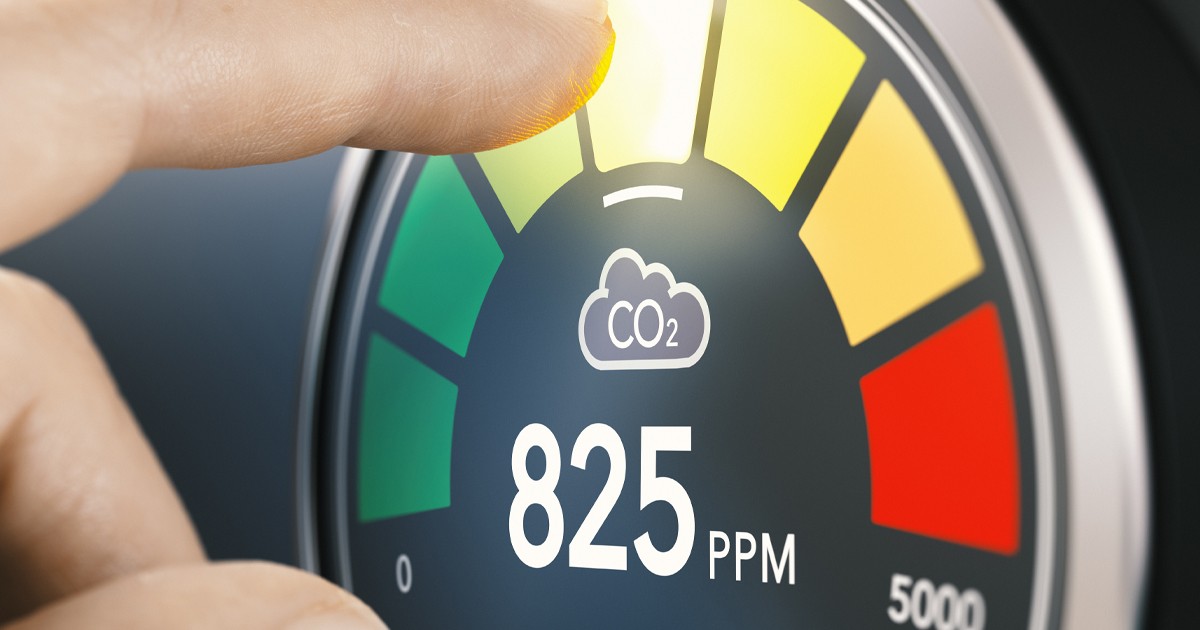Install and Maintain Smoke Detectors and Carbon Monoxide Detectors
December 1, 2022

Smoke detectors and carbon monoxide (CO) detectors sound early warnings that save lives. Andalusia Health advises testing your smoke and CO detectors monthly or every six months at the least.
Here’s more information that everyone should know about installing and maintaining smoke detectors and CO detectors and how they are an important component in your family’s safety, health and wellness.
Smoke Detectors
More than 50% of fires occur between the hours of 11 p.m. and 7 a.m., when people are normally asleep. When a fire begins, it releases many toxic gases, including carbon monoxide, which can reach you before you are able to smell smoke. Smoke very often doesn’t wake a sleeping person, nor does it wake a sleeping person soon enough to get out safely.
When a smoke detector alarm goes off (well before you can smell smoke), a fire victim has approximately four minutes to get to safety. Fire can engulf a room very quickly, reaching temperatures of up to 1,100 degrees. Adjacent rooms with the doors closed can reach 300 degrees. A smoke detector is essential to reach safety before smoke and fire reach you.
Install at least one smoke detector on every floor of your home, including the attic and basement. Larger homes may need more units. Experts advise placing a detector in every sleeping room, in addition to a detector outside those rooms. If your smoke detectors are hard-wired, install a battery-operated detector in the event of a power outage.
Check each smoke detector’s function every month, or at the very least, every six months. A good rule of thumb is to test them when you change your clocks in the fall and spring. Remember to replace the batteries at least once a year, or when you change your clocks. If a battery drains and causes the smoke detector to chirp, never remove the battery without installing a new one.
Vacuum the grill of your smoke detectors regularly to ensure the best airflow.
Carbon Monoxide Detectors
Carbon monoxide (CO) is a colorless, odorless gas that, at high levels, can be life-threatening. According to the CDC, more than 400 people die annually from non-fire-related CO poisoning. The average person will begin to feel the effects of poisoning when CO levels reach 50 parts per million (PPM) for eight hours straight. Fireplaces, fuel-burning space heaters, and furnaces used in the winter months can increase exposure to CO. Without proper ventilation, the fumes produced by heat sources (as well as gas ranges, vehicles, and generators) can lead to CO poisoning.
Because CO has no taste and does not irritate the eyes, you may not realize you are suffering from CO poisoning until it’s too late. Having CO detectors located throughout your home can make all the difference. A typical CO detector will sound within four to 15 minutes of CO levels reaching 400 PPM, which is enough time for a family to act.
Install battery-operated CO detectors or CO alarms with a battery backup on every level of your home, but especially near sleeping areas. Make sure your CO detectors are clear of heating vents or places blocked by furniture. Households with children, elderly adults, or adults who suffer from respiratory-related conditions should also install a low-level CO monitor. Vulnerable populations are more likely to experience harm from CO at levels that would not affect a healthy adult, and low-level CO monitors can help protect loved ones from CO poisoning.
Check the performance of your CO detectors every week. Like your smoke alarms, replace the batteries annually. Keep your detectors clean; dirty monitors can cause false alarms. When a false alarm does sound, make sure to investigate the cause. The unit may be in an ineffective location or have a low battery.
Ultimately, CO detectors are not a substitute for maintaining your appliances. Have your heating system, water heater, and other fuel-burning appliances serviced by a qualified technician every year.
Following these suggestions for smoke detectors and CO monitors will ensure your home is a safer place for the winter months and beyond. As always should you or your friends and family require emergency attention, dial 911.
Andalusia Health is committed to the safety of our friends and neighbors.
To learn more about smoke alarms and the dangers of carbon monoxide visit the National Safety Council website: https://www.nsc.org/community-safety/safety-topics
